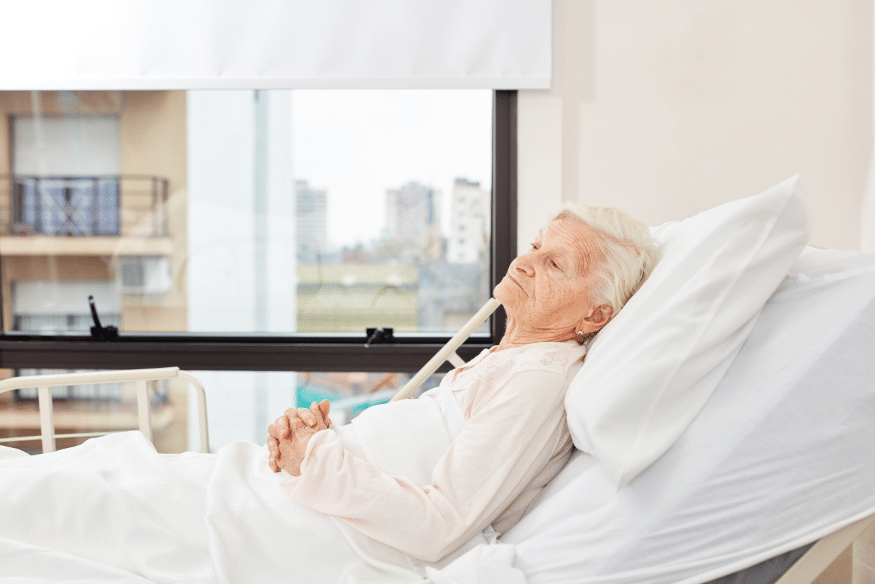When we hear the term “nursing home abuse,” most people think of physical abuse: untreated bedsores, restraints and rough handling are all common forms of abuse. Physical abuse often has obvious signs like bruises, lacerations, sprains and broken bones. Other types of abuse, have more subtle signs.
Malnutrition and dehydration can occur as a result of nursing home abuse or neglect. Learn how to spot the signs to keep your loved ones safe.
Signs of malnutrition
The human body requires sufficient calories, vitamins, minerals and other nutrients to function properly. Malnutrition is especially dangerous in the elderly, leaving them more vulnerable to falls, decreased bone mass, hospitalization, slower recovery, illnesses and even death. While malnutrition can be due to a variety of factors, including nursing home abuse, nursing home staff should monitor each patient’s health and take appropriate action.
Keep a close eye on your loved one. If you notice they’ve lost weight, absent another explanation, they may not be getting sufficient nutrition. Malnutrition can also lead to weakness and fatigue: is the patient more tired than usual? Are they struggling to perform normal tasks, like lifting objects or walking?
Loss of appetite is another common sign. If your relative is only eating a small amount at a time, or is not hungry, this too could indicate they’re not getting enough nutrients. Lastly, monitor swelling due to fluid accumulation. This may indicate a failing heart or kidneys.
Signs of dehydration
Dehydration occurs when you fail to get enough water, whether through food, beverages or drinking water. Seniors who experience dehydration may suffer diarrhea and vomiting, which further depletes the body’s electrolytes, minerals and fluids. Fevers, excessive sweating and increased urination can also lead to dehydration.
If your loved one complains about having a dry, sticky mouth or feeling constantly thirsty, they may be dehydrated. Other signs include less frequent urination, dark urine and few or no tears. If they seem fatigued, dizzy or confused, these are signs that they’re in need of more fluids. They will need immediate treatment if they have bloody or black stool.
What to do if you notice these signs
When you notice signs of malnutrition and dehydration in a nursing home resident, get help immediately. If dehydration and malnutrition are a result of nursing home abuse, you can report the home and may be able to recover monetary compensation for your loved one’s medical expenses, pain and suffering and more. Call Dworken & Bernstein today to learn more about your legal options.







